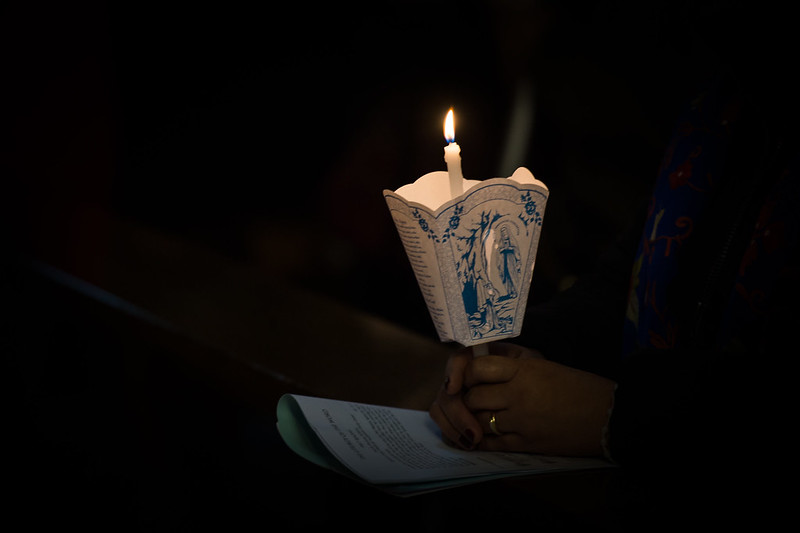
The Dicastery for Divine Worship and the Discipline of the Sacraments has confirmed the approval by the Bishops’ Conference of England and Wales for the new Lectionary.
The Lectionary, which includes the scripture readings for Mass and the sacraments, will come into use in Catholic parishes in England and Wales from Advent 2024.
Cardinal Arthur Roche, Prefect of the Dicastery, wrote to Cardinal Vincent Nichols, President of the Bishops’ Conference, confirming the new translation of the Lectionary, which has been done in collaboration with the Bishops’ Conference of Scotland.
He said:
“The use of the English Standard Version – Catholic Edition, already in use in India, along with the Abbey Psalms and Canticles will help to ensure that the Word of the Lord reaches God’s holy people without alloy.
“The collaboration of the Episcopal Conference with the Bishops’ Conference of Scotland is another notable feature of this project which highlights the importance of different episcopal conferences within a small geographical area working together for the overall good of the Catholic population in the British Isles.
“What has now been achieved ensures that a stable version of the Lectionary will endure in Great Britain for years to come. Both Conferences are to be commended for this cooperation.”
The Lectionary was revised after the Second Vatican Council. Paragraph 51 of Second Vatican Council document Sacrosanctum Concilium said: “The treasures of the bible are to be opened up more lavishly, so that richer fare may be provided for the faithful at the table of God’s word.”
Archbishop Emeritus George Stack of Cardiff, Chair of the Department for Christian Life and Worship, welcomed the dicastery’s ‘confirmatio’ for the Lectionary:
“As we mark the sixtieth anniversary of the Second Vatican Council we can see that the Lectionary is one of the great fruits of the Council. It fulfils the mandate of the Council Fathers to open up the scriptures for the faithful so that Sunday by Sunday Christ himself speaks to us in the word.
“The new Lectionary gives us an opportunity to hear that word with fresh ears as we engage with a text which is intended for public proclamation and reflects up to date biblical scholarship.
“I hope that parishes and other communities will engage in preparation for the Lectionary so that all the faithful will hear the word of God with deepened faith and understanding.”
The Lectionary will be in use from Advent 2024 and will be published by the Catholic Truth Society (CTS).




